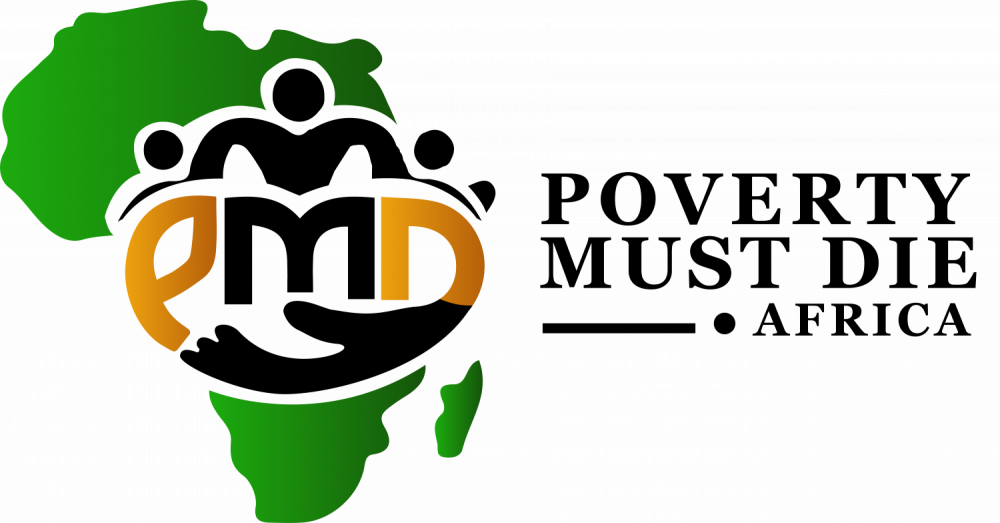We live in an age where moving from one place to the other is done with ease and simplicity. Around the world, Transportation as a sector of the economy is fast evolving.
But have we evolved in Africa? Probably not. Some countries are still stuck to the anachronistic means of transportation such as locomotive trains, petrol-powered cars, rickety trucks that fall every now and then, killing and maiming people in its wake, motorcycles, tricycles, and in some cases, bicycles.
The consequences of being backward on all fronts as a continent are a legion. For example, the rural people in Africa lack effective means of conveying their wares to the market where commensurate values can be paid for them. They end up being exploited by buyers. Sometimes, their products rot away between the farm gates and the market.
In Nigeria, for instance, it’s better to import some inputs for manufacturing than to transport them internally. Moving petroleum products across the country can be exasperating. No month passes without a petrol-laden truck running people over, spilling its content, going up in flames, or wobbling precariously on the highway.
In rural sub-Saharan Africa, the story is very pathetic. People walk long distances to their farms, rivers, markets, and other places of endeavor to earn a living. Children trek miles to school every day, learn under harsh sheds and trek back home languidly. These have crushing impacts on the psychology of the child.
Solutions to the challenges are not far-fetched. They lie within our capabilities. PMD Africa is already championing the provision of succor, particularly to the rural and suburban areas. Indeed, it has started the distribution of tricycles in some African countries, particularly, sub-Saharan Africa where the public transportation system is almost non-existent.
The mandate of PMDAfrica is to raise 50 to 100 million people out of poverty every five years. What better way can this mandate be realized if not by adopting a sectorial view to solving the problem? Transportation, therefore, assumes a priority in the list of to-dos. Thus, PMDAfrica has hit the ground running. It commenced the pilot phase of the distribution of tricycles in the Niger Republic and Kano, Nigeria with about 117 pieces to 234 people.
This is expected to expand into other countries. Let us join hands to eradicate return to a precompiled era when we were riding donkeys and camels.
Together, we can do it. Stand up to be counted. Uhuru!!


